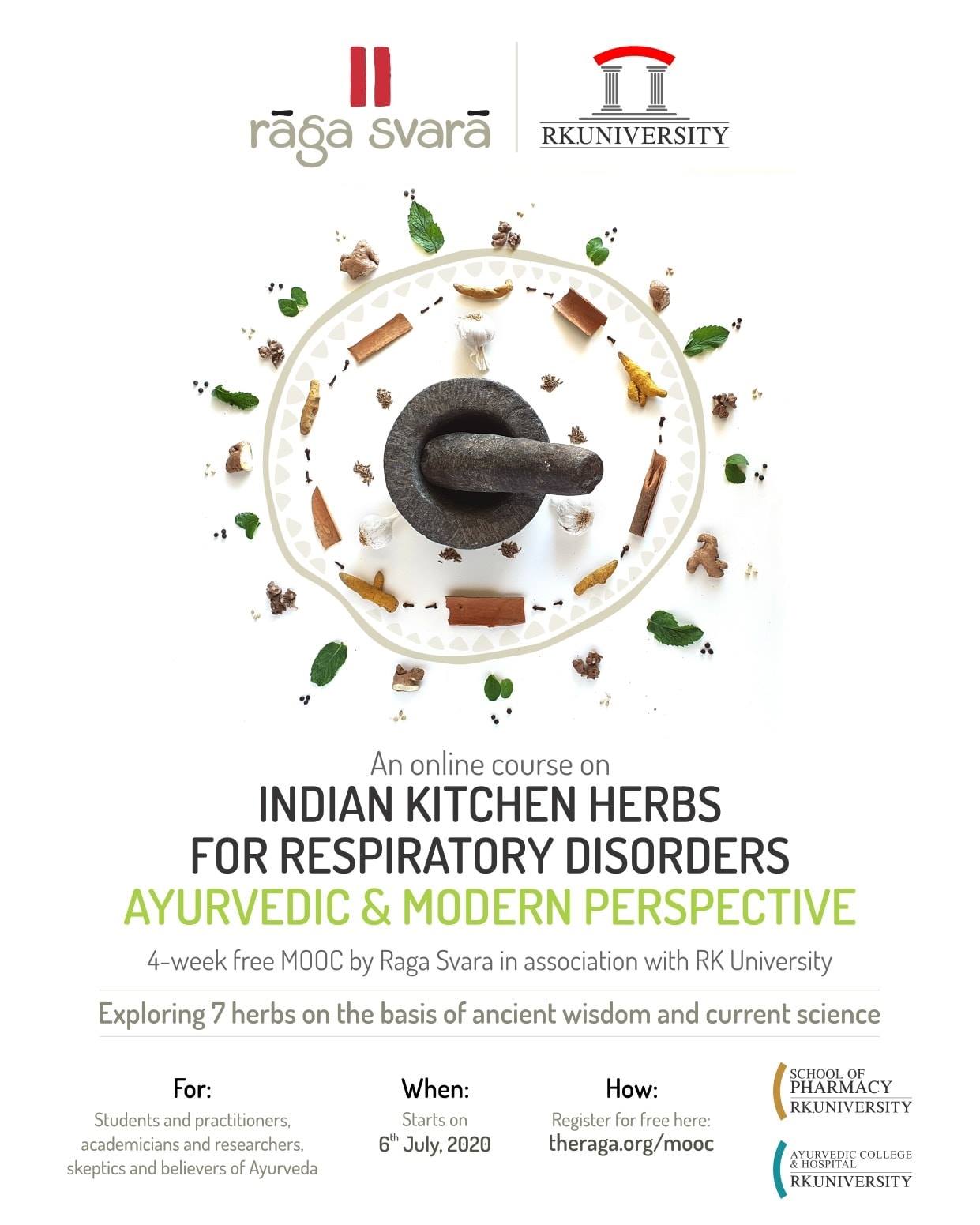Porosity of Boundaries
One major objective for Raga Svara is to create, what I call, “Porosity of Boundaries”. I want to make the solid walls between apparently different ideas more porous, more accommodating. One such boundary is between western medicine and our traditional medicine. I have thought for quite sometime about Indian traditional systems, whether therapeutic or belief systems (many times they merge seamlessly) and their place in Raga Svara.
Ayurveda (perhaps the most popular among our traditional medicine systems) is loved and trusted by many. At the same time it is derided by many for its lack of evidence based research to support its claims. Ayurveda is, unfortunately, a victim of many babas and their companies who make extraordinary claims to dupe gullible people. Many rationalists are rightly on guard against all claims made by traditional systems.
Of late, there has been a new trend of providing legitimacy to traditional medicine by using the epistemic frameworks of modern science. Using, mostly callously, concepts like "evidence based", "clinical trials", etc. the quack tries to pass off as a scientist.
I believe that the fundamental issue here is of "epistemic categories". Ayurveda, or for that matter any conceptual category, needs to be evaluated within the dynamics of discourse in which they operate. It would be futile, and even misleading, to transpose one system's internal dynamics to another system to evaluate it. An honest, and perhaps more useful, approach would be to evaluate Ayurveda within its own framework defined by its first principles and givens. The same goes with modern medicine. To think that modern science is not riddled with fallacies of inductive logic would simply show that one does not understand the very foundations on which it rests. The analytical tools and objectivity, the foundations of modern science, itself rest on historical paradigms and strategies of inquiry that are effective only within a specific milieu.
Personally, it has been a humbling experience for me to be able to see "categories" as internally consistent while being utterly shamanic when seen from another lens.
As individuals all we can do is to be clear and honest within our own minds about the limitations of each system. What I find difficult to accept and understand is the parasitic attempt to gain epistemic legitimacy. And this works both ways. Some Ayurveda proponents will claim "scientifically proven", "clinically tested" to sell their products and some"modern", synthetic products will claim to be "natural".
All said and done, each system must pass a falsifiability screen. We cannot accept unsound arguments even if they are internally consistent. And there exist methods that must be employed in evaluation of any system. Unfortunately, Ayurveda (and other traditional systems such Siddha, Unani et al.) is neither making enough attempts to develop its own proof mechanisms nor is it adopting proof mechanisms of other systems (such as clinical trials of modern science) in its true spirit.
So how do we bring balance? One of our attempts is to simply provide parallel perspective. To accept that there can be multiple explanatory frameworks for the same phenomena. I am glad that professors and practitioners from Ayurveda and Pharmacy have collaborated to create this course for Raga Svara. This course, titled Indian Kitchen Herbs for Respiratory Disorders: Ayurvedic and Modern Perspective", is timely and topical. Seeing these herbs, which can be easily found, simultaneously from pharmacognosy perspective and Ayurvedic perspective will bring more clarity in understanding these systems. Apart being practically helpful, I think it will be useful to see the "meta patterns" of understanding, for people who struggle to find balance like me.

Learn more and register here: www.theraga.org/mooc




